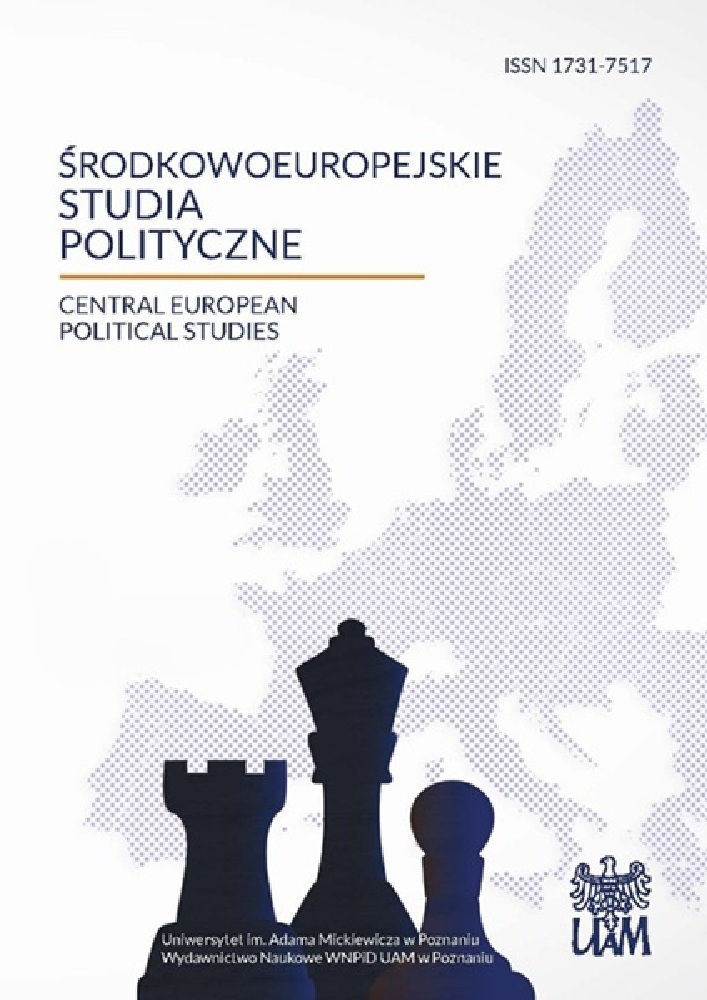Abstract
Coaching is commonly assumed to mean a special form of relations that is based on the processes of learning, motivation, dialogue and support thereby facilitating the development of the organization. Modern organizations face adaptation challenges resulting on the one hand from changeable circumstances inside the organization and on the other (or rather primarily) from the attitudes of managers. Operating in an efficient manner and dealing with unpredictable situations requires new skills. They include a holistic approach to the system, the climate of mutual trust that results from personal development, enhanced consciousness, development of one’s own potential and replacing fear with the faith in people. This is one of the subjects addressed in this paper.References
Blanchard S., Homan M. (2004), Coaching. Poznaj tajniki sukcesu, Gliwice.
Czarkowska L. D. (red.) (2011), Coaching katalizator rozwoju organizacji, Warszawa.
Dilts R. (2006), Od Przewodnika do Inspiratora, Warszawa.
Drucker P. (1995), Managing in a Time of Great Change, New York.
Drucker P. (1998), Peter Drucker on the Profession of Management, Boston.
Drucker P. (1999), Management Challengers for 21st Century, New York.
Drucker P. (2004), The Daily Drucker, New York.
Garvin D. A. (1993), Building a learning organization, „Harvard Business Review”, lipiec–sierpień.
Hargrove R. (2006), Mistrzowski Coaching, Kraków.
Kossowska M., Sołtysińska I. (2002), Szkolenie pracowników a rozwój organizacji, Kraków.
Maslow A. (2004), W stronę psychologii istnienia, Poznań.
Maslow A. (2013), Motywacja i osobowość, Warszawa.
Mikuła B. (2001), Elementy nowoczesnego zarządzania. W kierunku organizacji inteligentnych, Kraków.
Mikuła B. (2006), Organizacje oparte na wiedzy, Kraków.
O’Neill M. B. (2000), Coaching dla kadry menedżerskiej, Poznań.
Passmore J. (red.) (2012), Coaching doskonały. Przewodnik profesjonalny, Warszawa.
Perls F. S. (1974), Gestalt Therapy Verbatim, New York.
Piasecka B. (red.) (2011), O rozwoju mimo ograniczeń. Procesy wspierania jednostki i rodziny: wychowanie, edukacja, coaching, psychoterapia, Kraków.
Rogers C. R. (1980), A Way of Being, Boston.
Rogers J. (2010), Coaching, Gdańsk.
Schutz W. (1984), The truth option, Berkeley.
Senge P. M. (2012), Piąta dyscyplina. Teoria i praktyka organizacji uczących się, Warszawa.
Sidor-Rządkowska M. (red.) (2009), Coaching. Teoria, praktyka, studia przypadków, Kraków.
Słownik języka polskiego (2005), Warszawa.
Starr J. (2005), Coaching: procesy, zasady, umiejętności, Warszawa.
Stayer R. (1990), How I Learned to Let My Workers Lead, „Harvard Business Review”, nr 11–12.
Tissot P. (2004), Terminology of vocational training policy. A multilingual glossary for an enlarged Europe, Office for Official Publications of the European Communites, Luxembourg.
Whitmore J. (2011), Coaching trening efektywności. Rozwój ludzkiego potencjału w oparciu o model GROW, zasady oraz praktyka coachingu i przywództwa, Poznań–Warszawa.
License
Copyright
© 2016, Uniwersytet im. Adama Mickiewicza w Poznaniu, Wydawnictwo Naukowe Instytutu Nauk Politycznych i Dziennikarstwa
OPEN ACCESS
